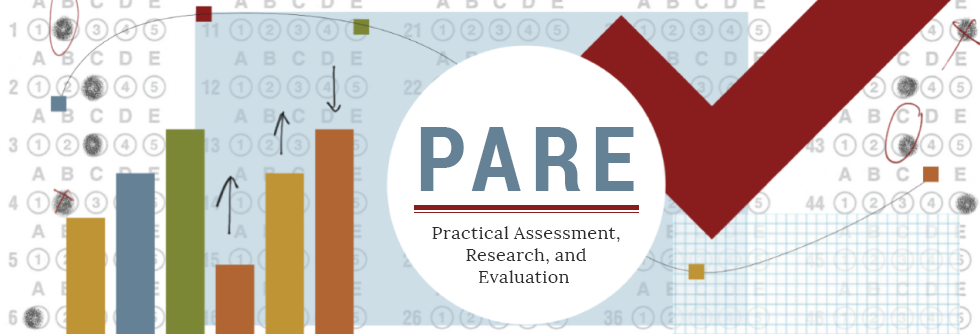Countering Deficit Narratives in Quantitative Educational Research
Abstract
The deficit narrative is a critical component of the white racial frame and attributes disparate outcomes to the racialized groups themselves rather than the policies and actions that create conditions that produce these disparities. Educational research that employs racialized groups as a variable in quantitative research holds potential to contribute to deficit narratives by attributing differences in educational outcomes to racialized groups rather than the educational interventions and/or systems under study. This paper examines the extent to which research published over a ten-year period presents findings in a manner that contributes to deficit narratives. The findings indicate nearly sixty percent of manuscripts employed language that creates or perpetuates deficit narratives specific to educational outcomes about people of Black African descent. Suggestions are presented for how findings can be presented in a manner that avoids deficit narratives and instead produce an anti-racist narrative.
Keywords: Quantitative Research, Race/Racism, White Racial Frame, Deficit Narratives, Anti-Racism, Educational Research
How to Cite:
Russell, M., Oddleifson, C., Russell Kish, M. & Kaplan, L., (2022) “Countering Deficit Narratives in Quantitative Educational Research”, Practical Assessment, Research, and Evaluation 27(1): 14. doi: https://doi.org/10.7275/k44e-sp84
Downloads:
Download PDF
View PDF
2625 Views
176 Downloads
